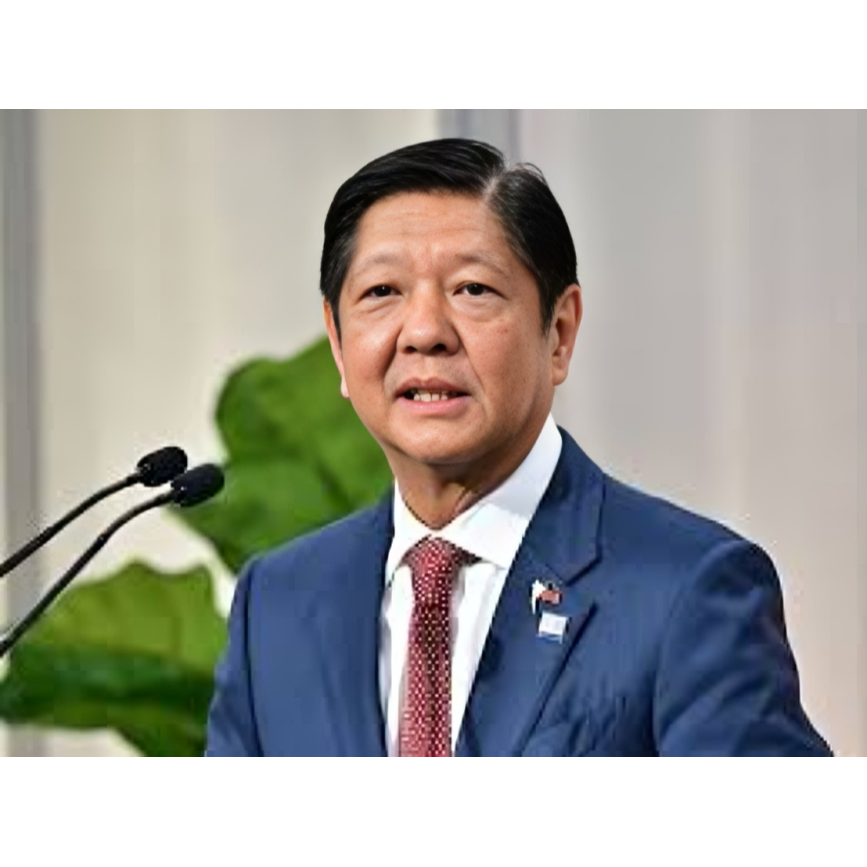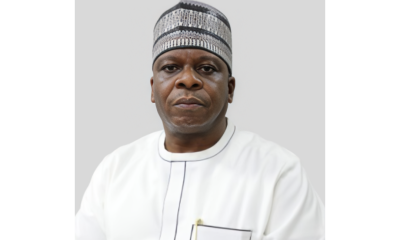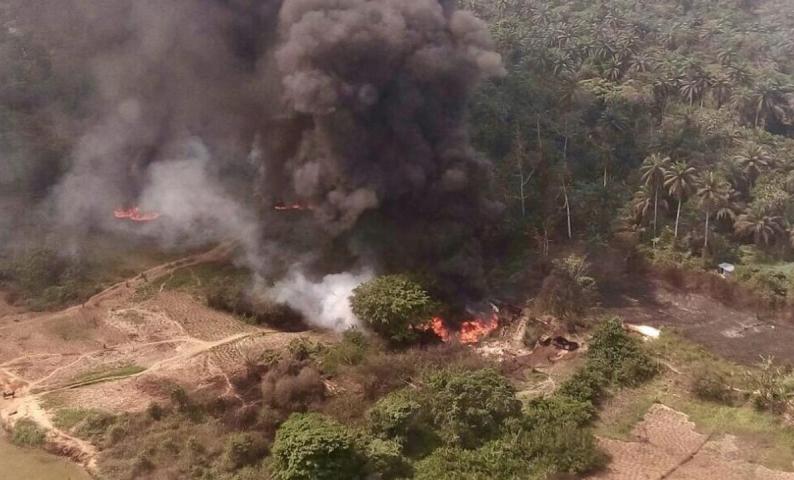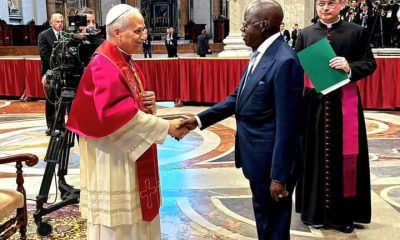Foreign News
WHO Warns Against Blanket Boosters as Vaccine Inequity Persists

The World Health Organisation (WHO) on Wednesday warned that blanket COVID-19 vaccine booster programmes could prolong the pandemic and increase inequity.
WHO Director-General, Tedros Ghebreyesus, gave the warning at the last news briefing for the year at the agency’s headquarters in Geneva.
“No country can boost its way out of the pandemic.
“And boosters cannot be seen as a ticket to go ahead with planned celebrations, without the need for other precautions,” he said.
The WHO Strategic Advisory Group of Experts on Immunisation (SAGE) has issued interim guidance on booster doses, expressing concern that mass programmes for countries that can afford them, will exacerbate vaccine inequity.
Currently, around 20 per cent of all vaccine doses administered are being given as boosters or additional doses.
“Blanket booster programmes are likely to prolong the pandemic, rather than ending it, by diverting supply to countries that already have high levels of vaccination coverage, giving the virus more opportunity to spread and mutate,” Ghebreyesus said.
He stressed that the priority must be on supporting countries to vaccinate 40 per cent of their populations as quickly as possible, and 70 per cent by the middle of 2022.
“It’s important to remember that the vast majority of hospitalisations and deaths are in unvaccinated people, not un-boosted people,” he said.
“And we must be very clear that the vaccines we have, remain effective against both the Delta and Omicron variants.”
The WHO chief reported that while some countries were now rolling out blanket programmes – for a third, or even fourth shot, in the case of Israel – only half of WHO’s 194 Member States have been able to inoculate 40 per cent of their populations due to “distortions in global supply”.
Enough vaccines were administered globally in 2021,” he said.
Therefore, every country could have reached the target by September, if doses had been distributed equitably through global solidarity mechanism COVAX and its African Union counterpart, AVAT.
“We’re encouraged that supply is improving,” he said, adding that Today, COVAX shipped its 800 millionth vaccine dose. Half of those doses have been shipped in the past three months.”
He again urged countries and manufacturers to prioritise COVAX and AVAT, and to work together to support nations furthest behind.
While WHO projections show sufficient supply to vaccinate the entire global adult population by the first quarter of 2022, and to give boosters to high-risk populations, only later in the year will supply be sufficient for extensive use of boosters in all adults.
Reflecting on the past year, Ghebreyesus reported that more people died from COVID-19 in 2021 than from HIV, malaria and tuberculosis combined, in 2020.
Coronavirus killed 3.5 million people this year, and continues to claim some 50,000 lives each week.
He said although vaccines “undoubtedly saved many lives”, inequitable sharing of doses resulted in many deaths.
“As we approach a new year, we must all learn the painful lessons this year taught us. 2022 must be the end of the COVID-19 pandemic. But it must also be the beginning of something else – a new era of solidarity,”
New WHO guidance recommends that health workers use either a respirator or medical mask, in addition to other personal protective equipment (PPE), when entering the room of a patient with suspected or confirmed COVID-19.
Respirators, which includes masks known as N95, FFP2 and others, should especially be worn in settings with poor ventilation.
As many health workers across the world are unable to access these items, WHO is urging manufacturers and countries to scale up production, procurement and distribution of both respirators and medical masks.
The director-general emphasised that all health workers must have all the tools they need to do their jobs, which includes training, PPE, a safe work environment, and vaccines.
“It’s frankly difficult to understand how a year since the first vaccines were administered, three in four health workers in Africa remain unvaccinated,” he said. (NAN)
Foreign News
Philippine President Calls for Resignation of All Cabinet Secretaries

Philippine President Ferdinand Marcos Jr. has asked all of his Cabinet secretaries to submit their resignations on Thursday in what he called a “bold reset” of his administration following last week’s mid-term elections.
The elections saw more opposition candidates win crucial Senate seats, signaling shifting political tides.
Marcos, the 67-year-old son of the late Philippine dictator overthrown in 1986, won the presidency in a landslide in 2022, a stunning political comeback marked by a call for national unity.
However, his vice-presidential running mate, Sara Duterte, also widely popular, later distanced herself from Marcos in a falling-out that had sparked intense political discord.
Marcos had since emerged as one of the region’s most vocal critics of China’s aggression in the disputed South China Sea, bolstered by support from the United States and other allies. Domestically, he continued to face significant challenges, including high inflation, unfulfilled promises to lower rice prices, and growing concerns over kidnappings and other crimes.
“This is not business as usual,” Marcos said in a government statement.
“The people have spoken and they expect results, not politics, not excuses. We hear them and we will act.” (AP/NAN)
Foreign News
Pakistan Blames India for School Bus Attack That Killed 5

Three children and two adults were killed in a blast on Wednesday that targeted a school bus in south-western Pakistan, with Islamabad blaming India for the attack.
Terrorists targeted the bus in the city of Khuzdar, in the restive province of Balochistan, as it took students to a military-run school, Balochistan Chief Minister Sarfraz Bugti said.
Preliminary findings suggested that it was not a suicide attack, he said at a press conference.
The dead included three young girls who were students of grades 6, 7 and 10. More than 40 students were wounded, many of them said to be suffering severe wounds.
Bugti said that his government had intelligence reports that Indian National Security Advisor Ajit Doval was planning something in Balochistan but did not expect him to target innocent children.
“After facing a humiliating defeat on the battlefield, India has resorted to despicable and cowardly acts,” the media wing of Pakistan’s military said in a statement.
“Planners, abettors and executors of this cowardly Indian sponsored attack will be hunted down and brought to justice and heinous face of India will be exposed in front of the entire world,” the statement added.
Prime Minister Shehbaz Sharif will make an emergency visit to the province where he would be briefed on the attack by terrorists, allegedly backed by India, said a statement issued by his office.
The Baloch Liberation Army (BLA), a rebel group fighting for the independence of the region from Pakistan, earlier claimed it targeted the bus, but said it was transporting the soldiers.
Islamabad claims that the BLA is backed by India.
Violence orchestrated by sub-nationalist rebels has surged in Balochistan, a region that borders both Afghanistan and Iran, and is a hub of Chinese investment and connectivity projects.
Earlier this month, India and Pakistan carried out tit-for-tat drone, missile and airstrikes targeting each other’s military installations and airbases.
The nuclear-armed rivals agreed to the ceasefire on May 10 but continue to accuse each other for terror incidents. (dpa/NAN)
Foreign News
Thousands Protest in Pakistan After Drone Strike Kills 4 Children

Thousands of people in north-west Pakistan on Tuesday blocked a highway by placing the coffins of four children who were killed by a suspected drone strike.
The protests in the Mir Ali area of North Waziristan region began earlier on Monday after a family home was hit, local resident Mohamed Jamal Dawar said.
It is not clear who was behind the incident.
Local activist Zahid Wazir said the drone was operated by the Pakistani military.
He said the home was likely mistaken as a hideout used by Islamist militants.
Pakistani intelligence officials said the explosives were fired by a quadcopter that was being operated by the Taliban militants to target a nearby military post, but that it missed the target.
An independent verification was not possible as the region is inaccessible to outsiders.
Activists of a local rights group, the Pashtun Tahafuz Movement, which is against the militarisation of the region by both the military and the Pakistani Taliban, vowed to continue the protest.
“We will continue to demand justice for our kids,” Wazir said.
The Pakistani military and Islamist militants have been fighting each other in the region for more than two decades.
More than 80,000 Pakistanis, an overwhelming majority of civilians, have lost their lives in years of violence. (dpa/NAN)




























